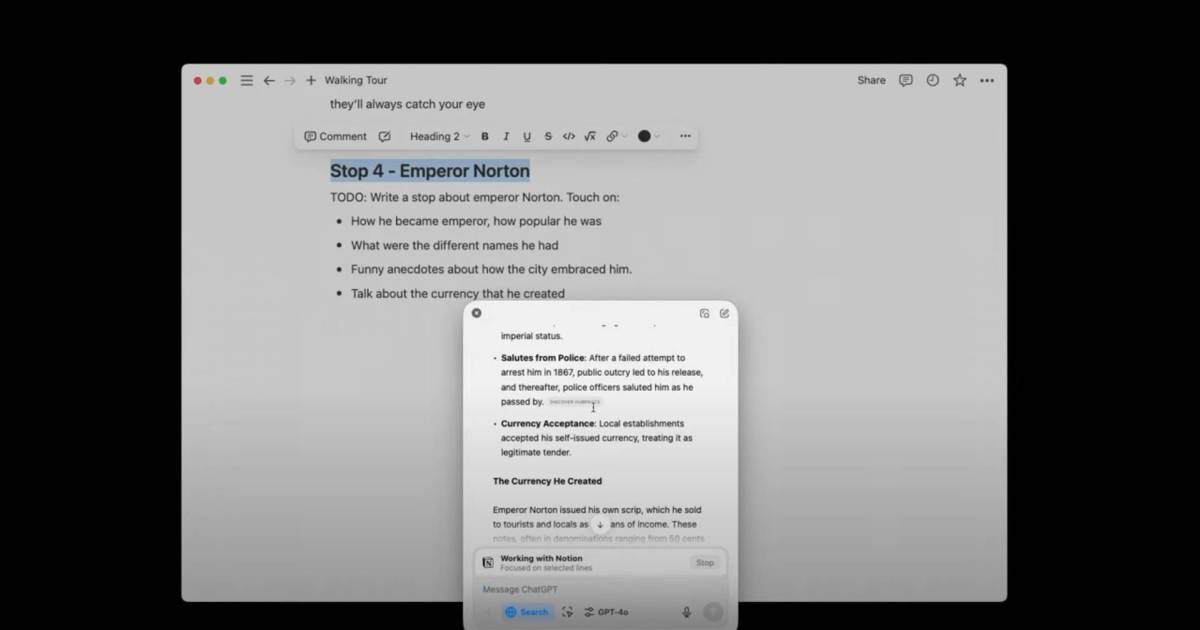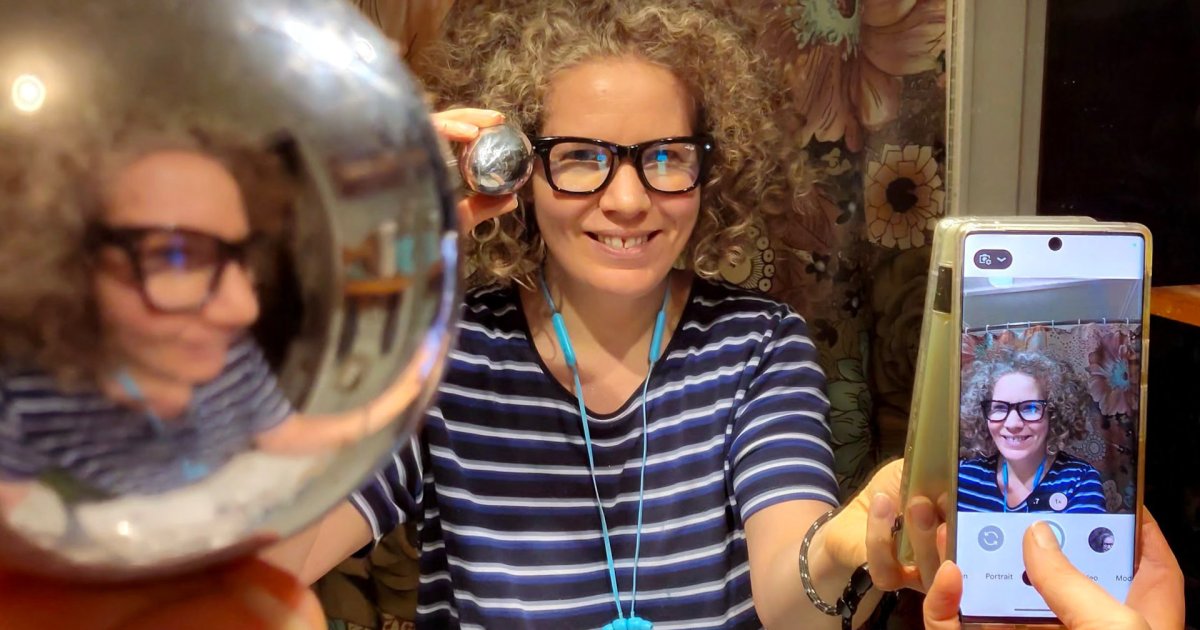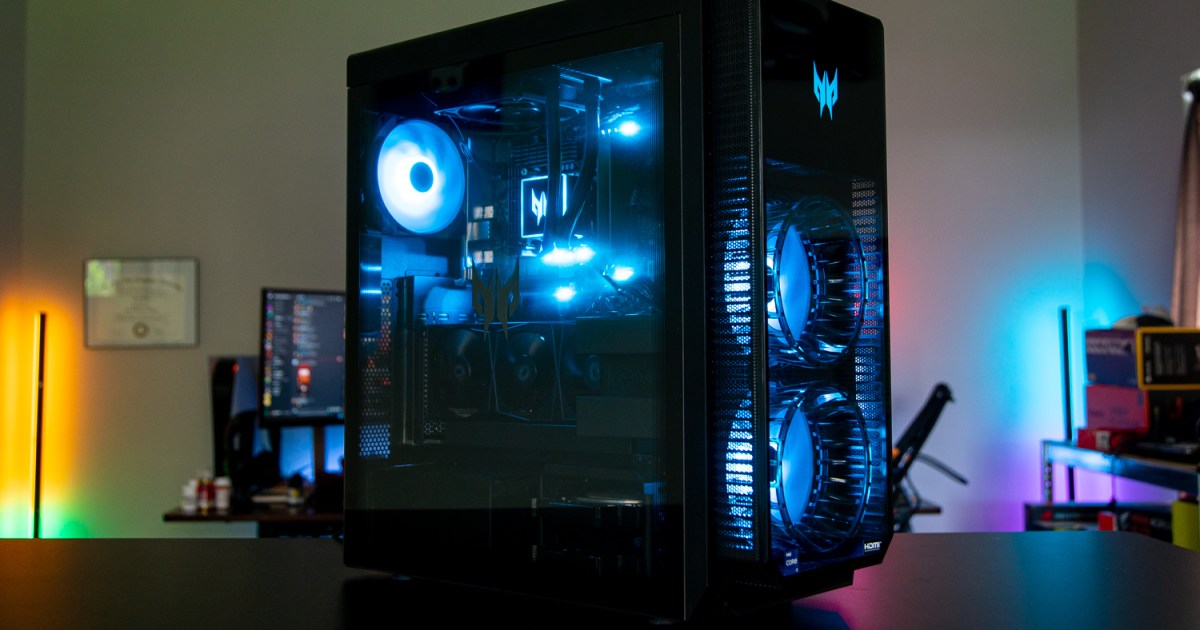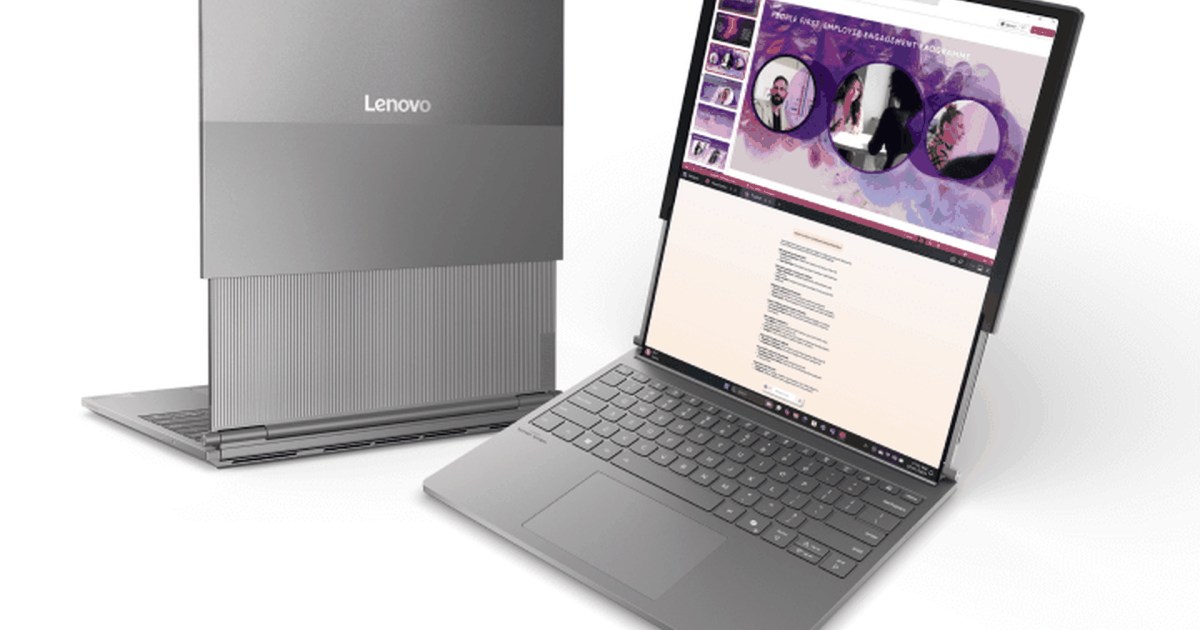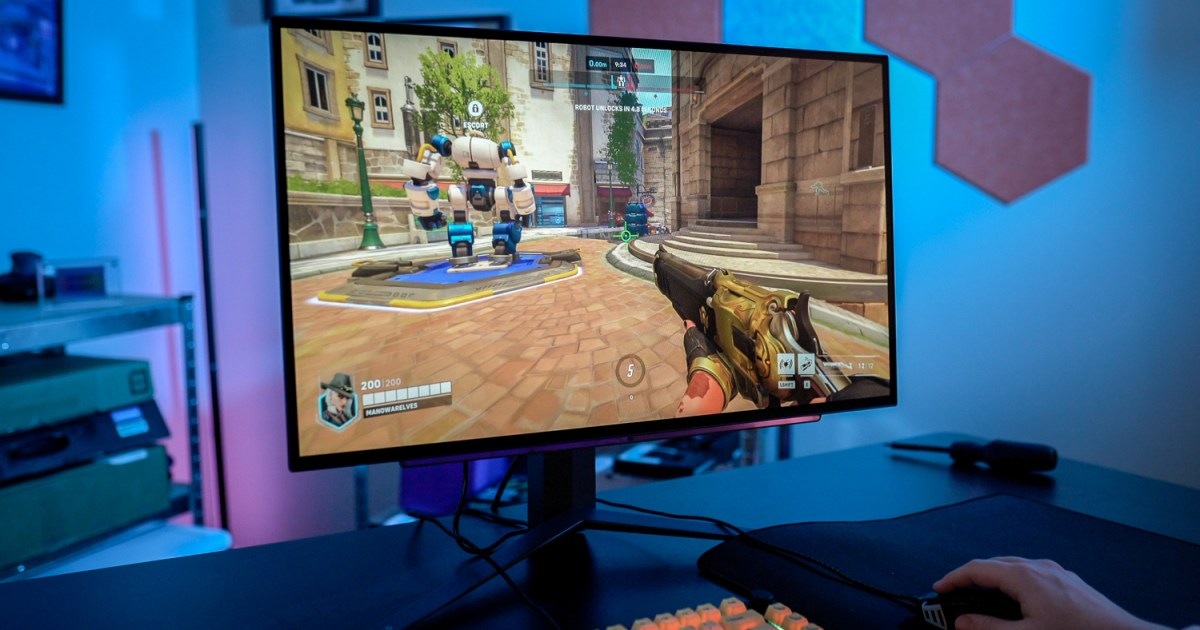OpenAI recently announced significant updates to ChatGPT’s app integration capabilities, improving the AI’s synergy with other desktop programs. These enhancements streamline workflows and make using ChatGPT alongside other applications more efficient.
Previously, ChatGPT offered integration with developer-focused macOS apps like VS Code, Xcode, and Terminal. This allowed the chatbot to pull content from these apps based on user prompts, although it couldn’t generate code directly into them.
The latest update expands this interoperability significantly. ChatGPT now supports a wider range of coding programs and IDEs, including BBEdit, MatLab, Nova, various Jetbrains IDEs (like Android Studio, PyCharm, and IntelliJ IDEA), and VS Code forks like Cursor and VSCodium. Terminal apps like Prompt and Warp are also now integrated.
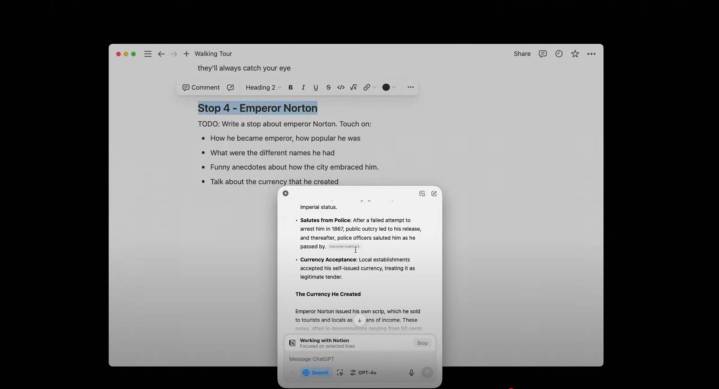 ChatGPT collaborating with Notion
ChatGPT collaborating with Notion
Furthermore, ChatGPT’s integration is no longer confined to coding applications. It now works with popular note-taking and document editing apps like Apple Notes, Notion, and Quip, facilitating text generation and editing tasks beyond code development.
This expanded functionality is complemented by the integration of OpenAI’s Advanced Voice Mode (AVM) into the desktop app workflow. AVM can be launched in a separate window to provide real-time assistance, answering questions and offering suggestions while users work.
 ChatGPT's Advanced Voice Mode
ChatGPT's Advanced Voice Mode
These enhanced features are available to all paid ChatGPT subscribers (Plus, Pro, Team, Enterprise, and Edu). To utilize the new integrations, users simply select their desired app from a dropdown menu within the ChatGPT desktop interface.
These updates represent a significant step forward in integrating AI tools into everyday workflows. By streamlining interactions between ChatGPT and other applications, OpenAI is enhancing productivity and making AI assistance more accessible across various tasks.



